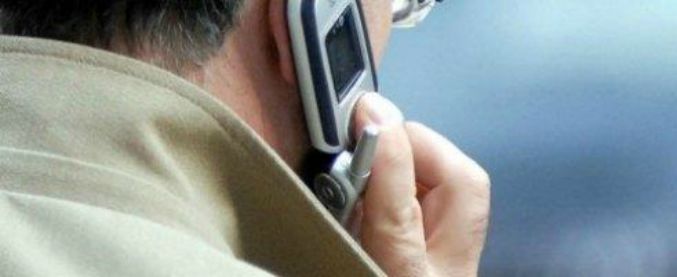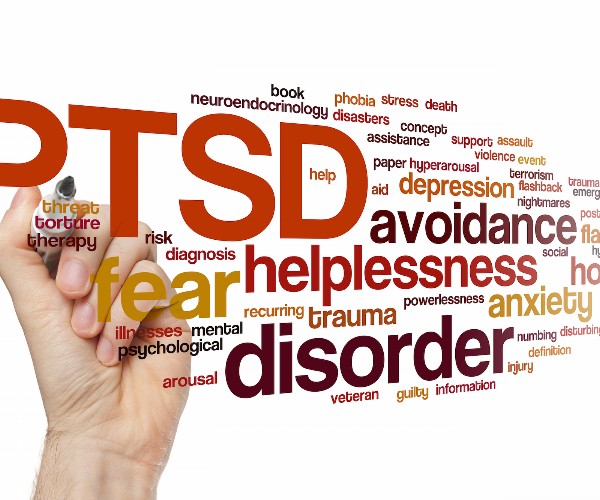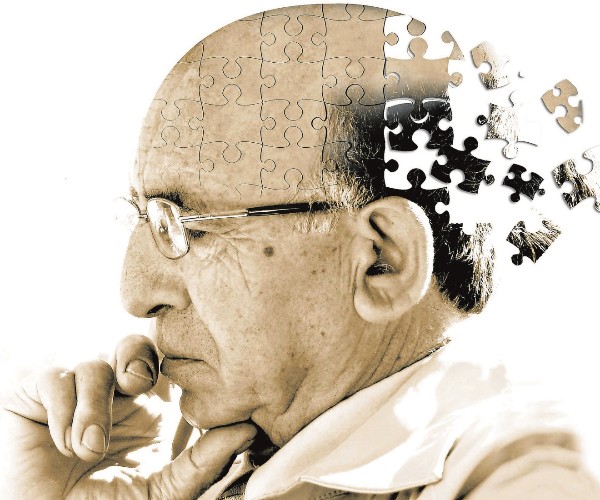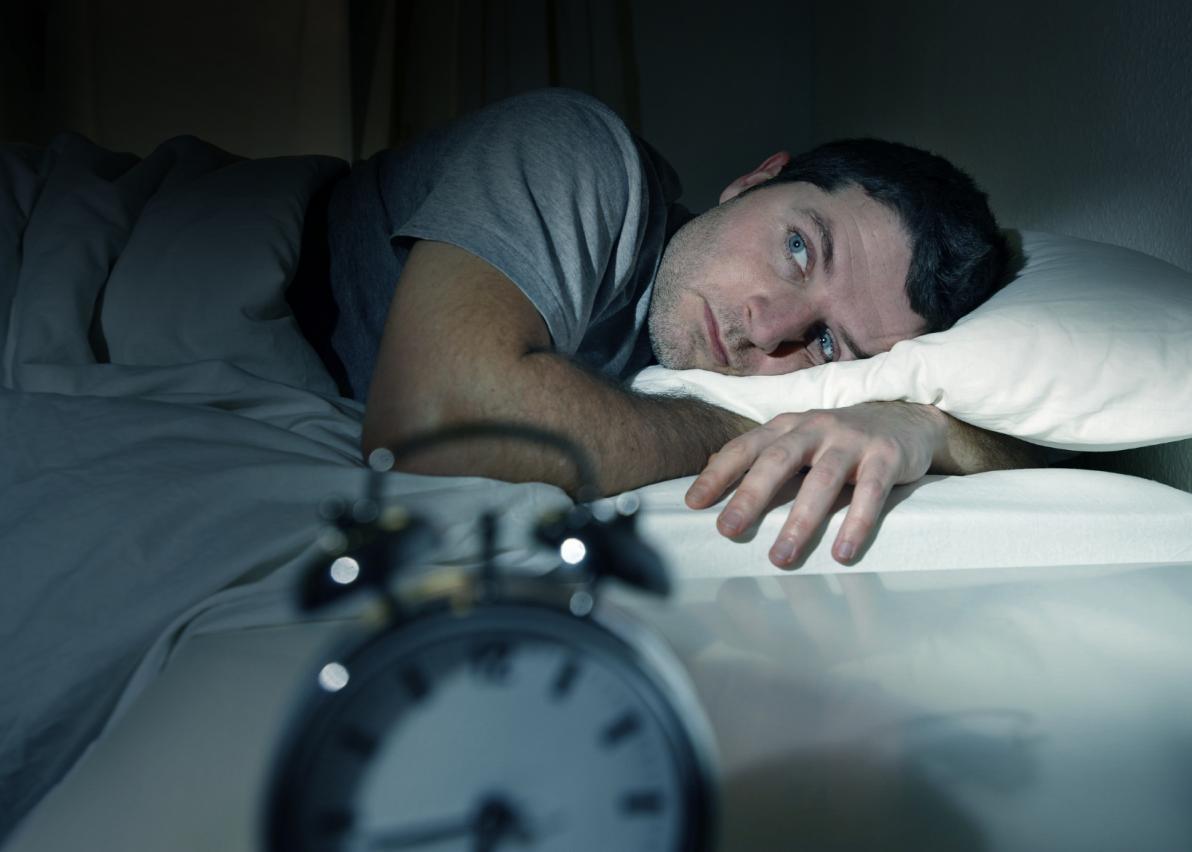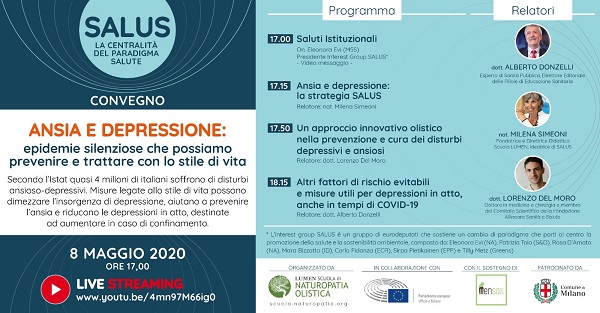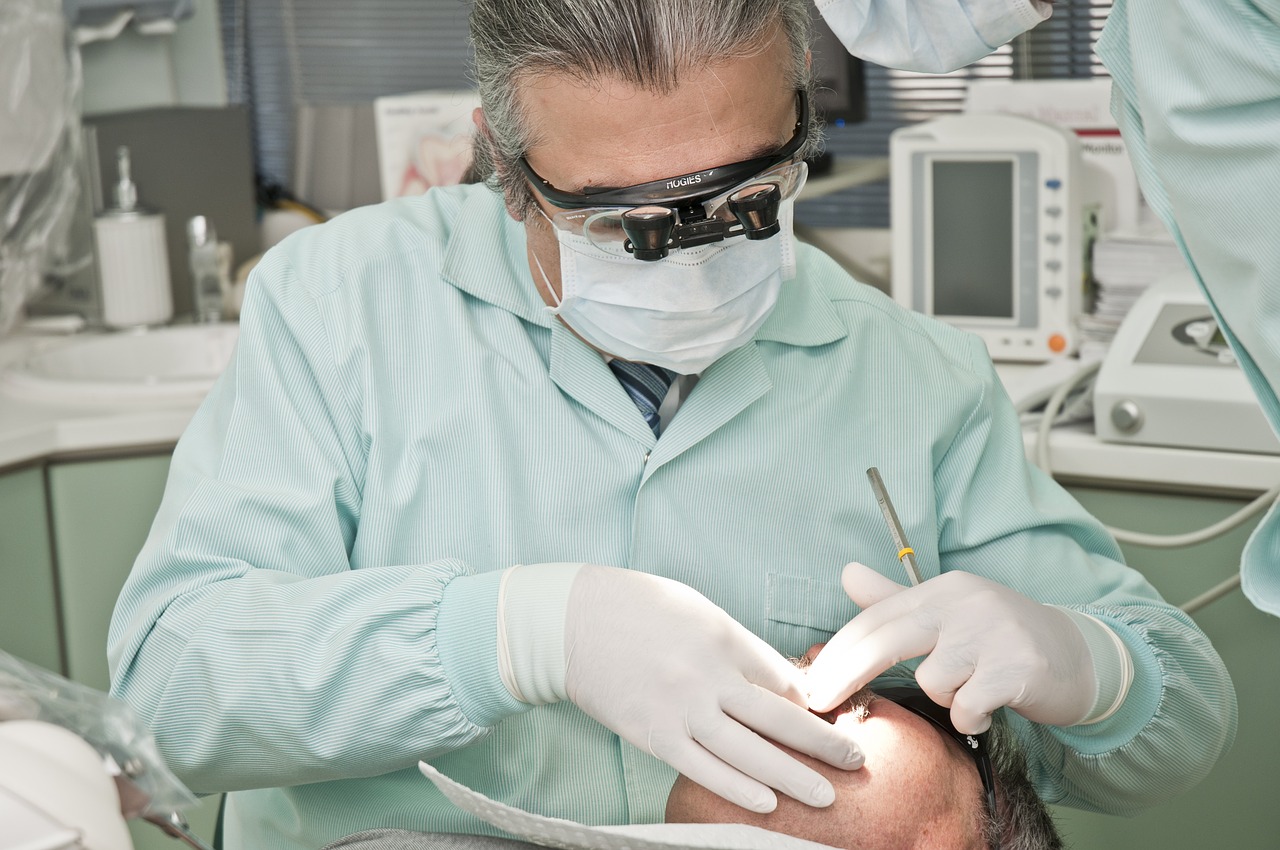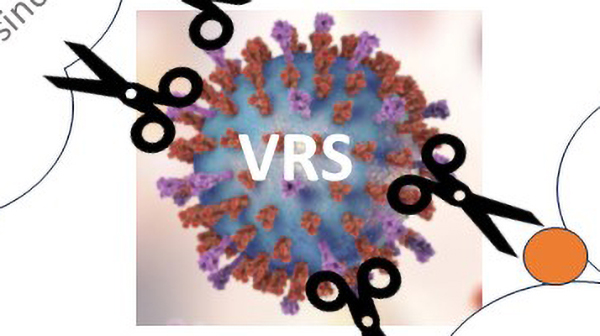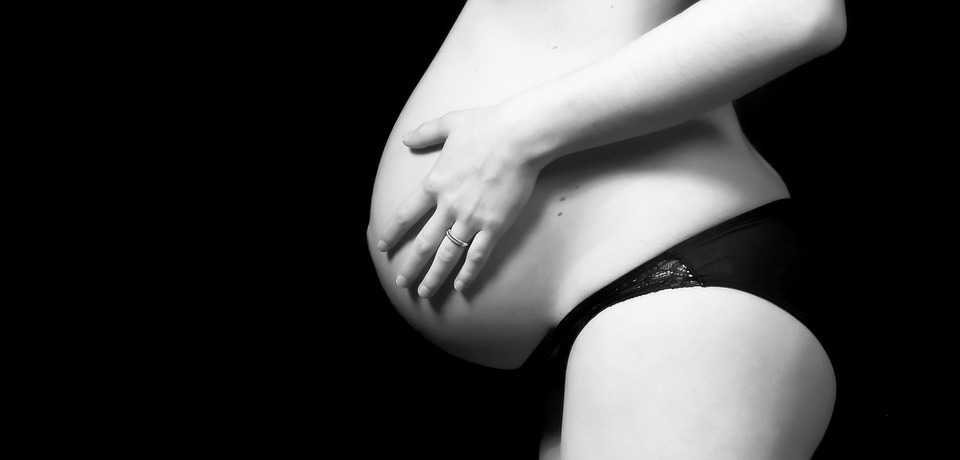“Idleness the father of all vices” recites the Christian maxim, hinting at it not properly a “sin” but the seed of sin itself.
The pagan world had a completely different view, so much so that in the classical world there was a contrast between otium and negotium. The first represented the time devoted to reflection and introspection, the nurturing of knowledge and the arts, then self-care through instruments of contemplation and study. The second referred to mercantile and commercial, political or professional activity.
Needless to say,otium was the preserve of the wealthy classes (who could afford it), and many splendid Latin villas are also called villas d’otio, as they represented a buen retiro away from the hustle and bustle of trade and business.
The very concept of vacation can be traced back to this view. The term in fact comes from the Latin vacans, present participle of the verb vacare=to be empty (from commitments), free. Ferragosto, which represents the culmination of summer and the vacation season in our culture, is also derived from Latin: Feriae Augusti (Augustus’ rest).
Christianity, with the introduction of the concept of sin and atonement, in the wake of the Benedictine principle “Ora et labora,” sees idleness, that is, “empty” time, as a neglect of one’s duties, unless it is devoted to prayer. Acedia, that is, indolence to do good, becomes one of the seven deadly vices. With the Protestant Reformation then the sacredness of work is further emphasized.
Our technological culture, which has somehow broken down spatial and temporal limits, perpetually projected toward an infinite “…more…” and “…more…”, seems to have absolutely no room for idleness ( and what it can represent).
Vacations, vacations, leisure time, which have become possibilities for all or almost all) social classes, are just another space to be filled, to be occupied according to a new categorical imperative that, depending on the situation or age group, may be “you must have fun,” “you must relax,” “you must visit and learn.” Yet, quoting the title of a Riza magazine article “Idleness is the father of a healthy brain!” even at the cognitive level, a saturated mind, too much and constantly overstimulated, can go haywire.
At the psychopathological level, Spanish psychologist Rafael Santandreu coined the term “oziophobia” to refer to that condition, well known in the experience of many clinicians with their patients, of discomfort, if not sometimes outright panic, connected with the fear of “emptiness” (in terms of commitments and things to do). Behind this fear is the continuous pursuit of performance, quantitative evaluation, measurement and comparison. There is the difficulty (in many cases the inability) of listening to self, of expectation, of self-esteem. The void, the vacant time, becomes like a huge black hole into which one fears being sucked.
The Covid experience represented the possibility of a freeze and, in many cases, had, thanks to the collective and generalized aspect of this freeze, the effect of alleviating social anxiety, that is, of making people feel legitimized to think, reflect, be bored, fantasize, etc.
Even vacations can be a socially and collectively legitimized and recognized period of idleness. Let’s use it!








